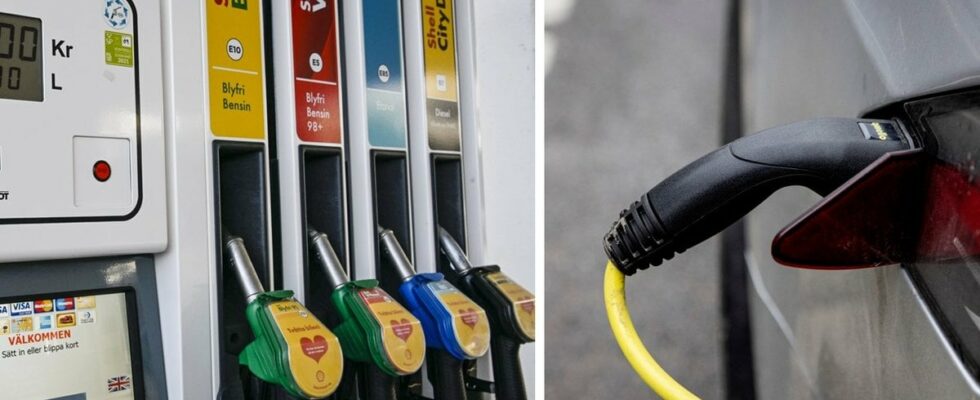During the past six months, several experts and debaters have predicted soaring fuel prices in the near future.
For example, it has been warned that the price of petrol will rise to 35 or even 40 kroner a liter after a new system for trading emission rights comes into use in 2027.
A new report from International Energy Council (IEA) believes, however, that the price of petrol will rather plummet in the future.
Read more: The OKQ8 manager: “I think the last sandwich is built”
Surging demand could lower fuel prices
The report from the IEA is about the global capacity to pump oil out of the ground, which is growing significantly faster than the demand for oil.
The IEA estimates this could lead to a large oil surplus within just a few years. As early as 2025, the supply of oil is expected to exceed demand, and in 2030 the surplus is expected to amount to over eight million barrels a day.
It would correspond to an overcapacity in the industry that has never been seen before, with the exception of when large parts of the world were put into lockdown during the pandemic in 2020.
– The report’s projections, based on the latest data, show that a large surplus will occur during this decade, indicating that oil companies may need to ensure that their business strategies and plans are prepared for the changes that are taking place, says IEA CEO Fatih Birol.
Read more: The best car in Sweden is an electric car – according to the owners
Electric cars lower fuel prices
One of the reasons the IEA states that the capacity to extract oil will soon exceed demand is that more and more people are expected to switch to electric cars in the coming years.
Conventional petrol and diesel cars with more efficient engines, a reduced use of oil for energy production and structural changes in the world economy are also expected to play a role.
According to the report, this may mean that fuels for road transport, particularly petrol, may become cheaper relative to other alternatives.
Read more: The police: That’s why screens in cars should be banned
Fuel prices may be higher
However, there are a number of factors that can counteract falling fuel prices. It is noted that it may take at least five years before a real surplus arises.
If the price of oil were to fall due to a surplus, it could cause some producers to stop extracting oil, leading to another deficit.
For us in the EU, the new emissions trading system ETS2 can also put a damper on lower fuel prices, even if demand for the underlying raw material falls sharply.
Read more: EU imposes tariffs on Chinese electric cars
